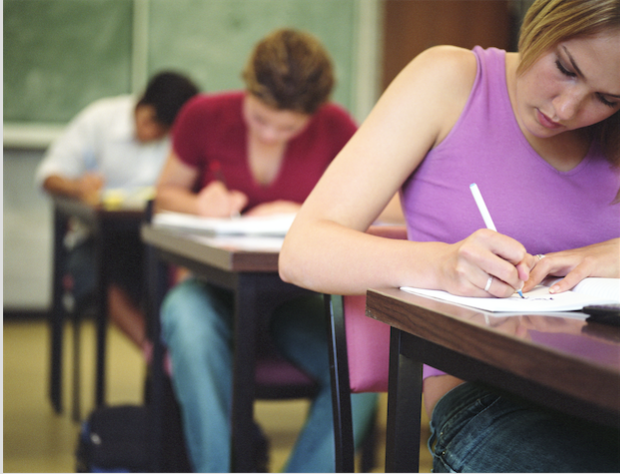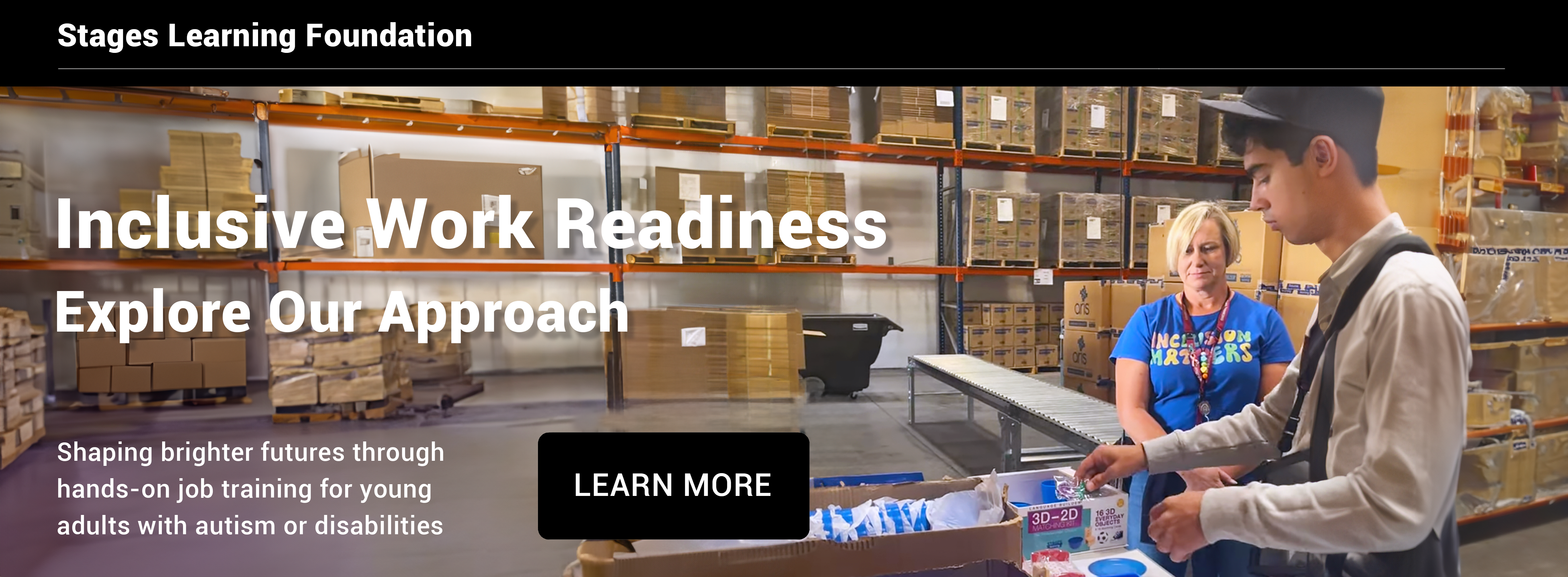Transition: A Guide to College Readiness and Applications for Students with Autism
Tips and Strategies for Transitioning to College with Autism
Of the roughly 50,000 young Americans with autism who graduate from high school each year, less than 7,000 end up with a college degree (Wei et al 2015). This discouraging statistic has given rise to countless transition programs that we hope will allow more students to enroll in appropriate postsecondary programs, benefit from their time on campus, and enter rewarding careers. A series of steps from transition meetings to college admissions, outlined below, function as a roadmap for teens and parents who have set their sights on higher education.
If you are just starting the transition process, here is a free download for an invaluable Transition Checklist to make sure you don't miss critical steps to securing your child's educational future. Please read the following for more detailed information about transitioning a child with ASD into college or other postsecondary programs.
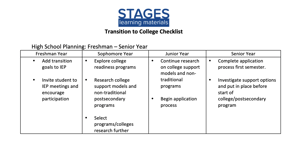
Get the Transition to College Checklist!
THE INDIVIDUAL TRANSITION PLAN
The Individuals with Disabilities Education Act (IDEA) mandates educational services for students with various academic and developmental needs in the United States, including those with autism. Under this law, students aged 16 and above should discuss postsecondary and transitional goals with their support team. Yet according to recent data from the United States Office of Special Education Programs, 45% of students with Autism who even attended their own transition meetings did not participate meaningfully in the discussion (Cameto, Levine & Wagner, 2004).
The topic of transition planning is emerging adulthood, therefore the agenda for these meetings should focus on a teenage student’s identity, interests, and assets. Their voice and insight should be the central focus and a gentle shift from parent advocacy to self-advocacy should transpire during the 2+ years when the ITP meetings occur.
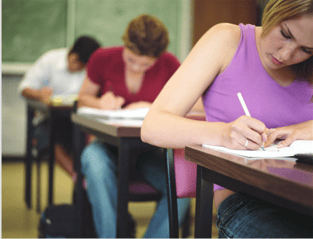 Another important consideration during these meetings is the cost and benefit of one-to-one paraprofessionals. Classroom support staff are not considered reasonable accommodations at colleges and universities and they will not be available to students. For teenage students who plan to attend college, the IEP team may be able to create a different system of support that is easier to recreate at the college level.
Another important consideration during these meetings is the cost and benefit of one-to-one paraprofessionals. Classroom support staff are not considered reasonable accommodations at colleges and universities and they will not be available to students. For teenage students who plan to attend college, the IEP team may be able to create a different system of support that is easier to recreate at the college level.
More information about transition services for students with Autism can be found at Teens with ASD: Transition IEPs.
COLLEGE READINESS PROGRAMS
Some students may benefit from additional out-of-school supports to prepare for the rigor of college settings. For instance, many young adults with autism encounter challenges with dorm living, campus culture, whether or not to disclose their diagnosis to professors and peers, and self-advocacy. They may benefit from summer programs that promote college readiness and offer information sessions to parents/guardians.
At Pennsylvania College of Technology the staff host a two day post-secondary interest experience that includes an overnight stay in campus housing. Self-advocacy, the rights and responsibilities of college students with disabilities and career planning are all on the agenda. This type of program could be a useful experience early in the transition period, around sophomore year of high school. It provides a lite sensory experience of dorm living, introduces some of the rules and expectations within academia, and equips both students and parents for the transition.
MODELS OF SUPPORT IN HIGHER EDUCATION
Many different options exist for rising college freshman such as these 15 colleges and universities that have ASD programs. To sort through them, it helps to understand the four basic models of higher education for students with autism: standard, standard plus, unified, and specialized. Most degree-granting programs fit into one of these categories.
 The standard college model offers reasonable accommodations and counseling services, but does not have specific programs available for students with autism, nor are different services coordinated through a central office. Other schools offer a standard plus model, which includes additional support such as peer groups or a dedicated staff member for students with autism. A unified model has made an effort to coordinate services across offices, and often includes special advisors to assist students who have disclosed a diagnosis. Specialized programs are tailored towards students with autism and may even include a unique residential component. They also tend to include mentorship and advising, some form of peer support, and social, personal, and academic resources. The four schools below are examples of each model.
The standard college model offers reasonable accommodations and counseling services, but does not have specific programs available for students with autism, nor are different services coordinated through a central office. Other schools offer a standard plus model, which includes additional support such as peer groups or a dedicated staff member for students with autism. A unified model has made an effort to coordinate services across offices, and often includes special advisors to assist students who have disclosed a diagnosis. Specialized programs are tailored towards students with autism and may even include a unique residential component. They also tend to include mentorship and advising, some form of peer support, and social, personal, and academic resources. The four schools below are examples of each model.
|
Type |
Example School |
Location |
Description |
|
STANDARD |
University of Florida |
Gainesville, FL |
Reasonable accommodations and counseling services. |
|
STANDARD PLUS |
Massachusetts Institute of Technology (MIT) |
Cambridge, MA |
The Student Support Office provides advice and advocacy for students. Peer groups also focus on communication skills. |
|
UNIFIED |
Denison University |
Granville, OH |
The Academic Support and Enrichment Center coordinates Individualized Academic Support, Study Skill Workshops, Tutoring, Faculty/Staff Outreach, and Disability Services. |
|
SPECIALIZED |
Rochester Institute of Technology (RIT) |
Rochester, NY |
The Spectrum Support Program offers specialized academic, social, and personal programming to RIT students with Autism who are registered with the Disability Services Office. |
Information provided by Spectrum U was used to create this table. Their website includes a very comprehensive list of programs.
NONTRADITIONAL OPTIONS
If the four educational models outlined above seem insufficient for a particular student, a nontraditional program might be a better fit. There are colleges designed specifically for students who learn differently, outside providers who partner with campuses across the country, and intensive associate's degree programs, focused on career development.
Beacon College in Florida and Landmark College in Vermont are specifically designed for students who learn differently, including those with Autism. At Beacon, for instance, life coaching and occupational therapy are included in the cost of tuition and assistive technologies are integrated into classroom learning.
The College Living Experience is a private organization that partners with colleges in six U.S. cities, including Washington D.C. and Denver, Colorado. They offer services to college students with autism, including apartment living with a special resident advisor near the affiliated college. For students who are interested in attending college but have concerns about independent living, career readiness, social skills, or academics, CLE programs are a great add-on.
Finally, a limited number of programs exist like Occupational and Life Skills (OLS) at Bellevue College. OLS is located in Washington state and consists of a scaffolded college curriculum, a 200 hour internship, and a focus on 21st century skills. Students graduate with an Associate's Degree and direct ties to local employers. 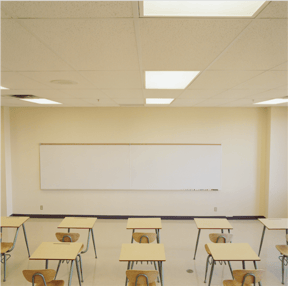
ADMISSIONS
Colleges may not discriminate against a student based on disability status (Americans with Disabilities Act). Admissions forms are therefore not permitted to ask about disability status and students should not feel pressured to self-disclose. However, once accepted to a program, it is wise to have a meeting with the Office of Disability Services. This can be a helpful way of determining a final choice.
Students should create a list based on academic interests, desired level of support, geographic location, etc. The emphasis is on best “fit” so spend time researching each school and gathering first-person perspectives. If an in-person meeting or phone call feels uncomfortable, ask if you can communicate with a current student over email. Both options should be made available; if the school is inflexible at this point in the search, it may not be the best fit.
Read more about navigating college as an Autistic student on Going to College with Autism from the Child Mind Institute.
EYES ON THE PRIZE
The true “prize” of a college education is the experience of personal growth and a fulfilling career. The period of transition does not come to a close after new student orientation, so keeping one’s “eyes on the prize” is crucial. Consider how each college will support the student’s growth, provide options for mentorships, and facilitate career readiness. The transition from childhood to adulthood is difficult for every individual, and uniquely so for teens with autism. Thankfully hundreds of programs exist to serve and empower students from age 14 into adulthood as they work to defy the statistics and discover their respective paths.
References:
Cameto, R., Levine, P., & Wagner, M. (2004). Transition planning for students with disabilities: A special topic report of findings from the National Longitudinal Transition Study-2 (NLTS2). Menlo Park, CA: SRI International. Retrieved July 15, 2011.
Wei, X., Wagner, M., Hudson, L., Yu, J. W., & Javitz, H. (2015). The effect of transition planning participation and goal-setting on college enrollment among youth with autism spectrum disorders. Remedial and Special Education. doi: 10.1177/0741932515581495
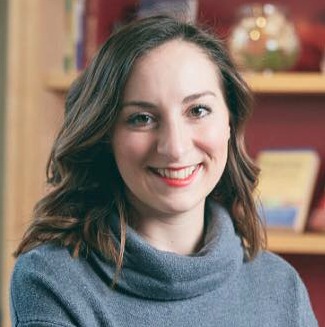
Briana Brukilacchio
Briana Brukilacchio has worked with autistic individuals and their families in many settings. From schools and summer camps to research labs and psychiatric clinics, she has made it her mission to meet and learn from as many people on the spectrum as possible. She holds a Masters of Education in Human Development and Psychology from the Harvard Graduate School of Education and is pursuing a PhD in Educational Psychology, specializing in Clinical Neuropsychology, at the University of Texas at Austin.


